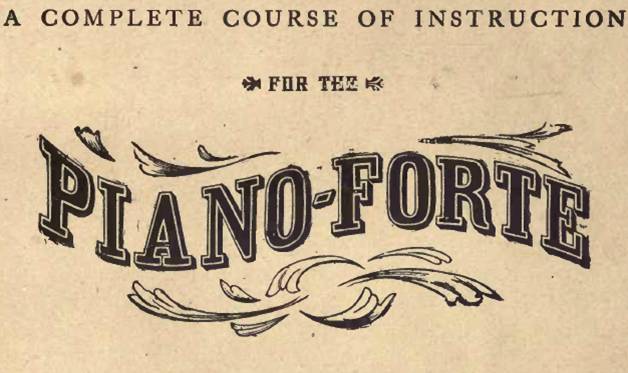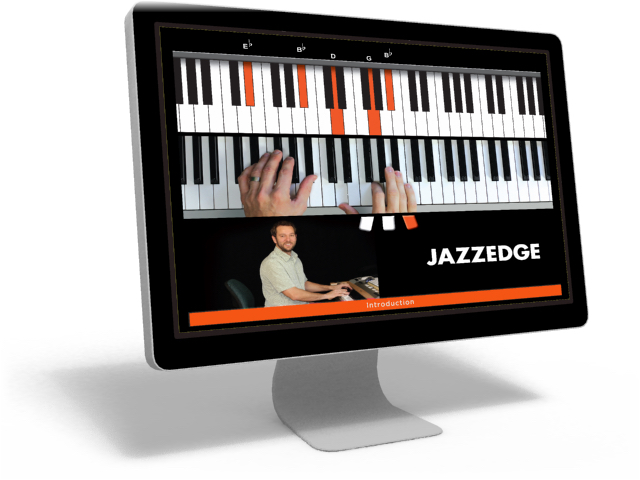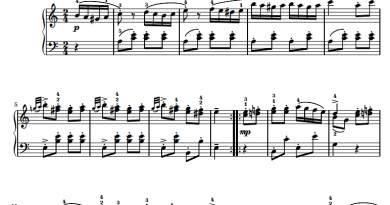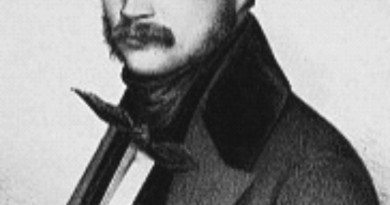Classic piano method
Here I publish a complete classic piano method by Karl Merz. This book was published in 1885 but contains many useful exercises and tips to study and learn piano. Moreover it contains helpful tips and suggestions for piano teachers
Piano method summery
- Piano scales and intervals
- Scale fingering rules
- Major scales
- Minor scales
- Octaves
- Broken chords and grand arpeggios
- Five fingers exercises
- Trills
- Playing with the left or right hand
- Playing with both hands
- Bass notes
- Musical abbreviations
- Melody
- Chromatic scales
- Dominant chords and their arpeggios
- Broken diminished chords
- Legato and staccato touch
- Metronome marking
- Tempo expressions, bars and measures
- How to practice
- Studying piano and practice tips
- Syncopations
- Piano minor scales in simple thirds and in double thirds. Other exercises in thirds.
- Scales in major double sixths and in minor sixths
- How to study music and musical training by Schumann
- Tips for teaching piano and music didactics
- The use of the piano pedal and tips about the soft pedal
- Wrist action and repeating notes (tremolo)
- Body positions and finger flexibility
- Melodic ornamentations
- Musical signs
- Playing from memory
Preface of the classic piano method by K. Merz
The very favorable reception extended to our instruction book for the “Parlor Organ,” “The Musical Hints” and “The Elements of Harmony,” have induced our publishers to request us to prepare for them also an Instruction book for the Piano. Similar requests having reached us from teachers located in different parts of the country, we felt that such a book was desired, and encouraged thereby, we have prepared this volume, which is hereby offered to the public. “We have tried to make the duties of teachers and pupils pleasant as well as profitable, and hope we may have succeeded in our efforts in that direction.


Looking for Piano Direction?
With your FREE Jazzedge Academy account you can access all of our Piano Blueprints and our exclusive 30-Day Piano Playbook. This includes sheet music and backing tracks.
No credit card or payment required. Just great free jazz and blues lessons.
It is important that a skillful, masterly teacher should direct the first lessons of a pupil. Select, therefore, the best, for it is the cheapest in the end. Place the child in his care and trust in his ability and fidelity, for a conscientious teacher takes as much interest and pride in your child’s progress, as you. Avoid the error into which so many parent fall, namely, that of hastening the teacher.
It is safest to go slowly in the work of musical education. Not every instruction book is fit for your child’s use; do not object then to the expense of providing the necessary means for instruction.
Neither dictates as to what music a child is to use, nor be impatient for it to take its first piece.
The first lessons are designed to lay a good foundation for technique, after this is accomplished come also the pleasures to be derived from a musical education.
Bear in mind that not all pupils are alike gifted, nor are all equally diligent. If, therefore, your child’s progress is slower than that of your neighbor, attach no blame to the teacher, without carefully examining into the case.
The most faithful teacher at times gains the ill will of lazy and disobedient children, Parents can readily rectify the difficulty if they will but support the teacher in the discharge of his duties; also in their shortsightedness they often side with their children, yes, they themselves often indulge in unjust criticism, thereby making the teacher’s success simply impossible.
If your child cannot get along with the teacher, if he does not reach your ideal of a teacher, discharge him quietly, without injuring his reputation, for in most cases of this kind the pupil is to blame and not the teacher. See to it that your child is obedient, respectful, and diligent, for without this the teacher must fail.
Parents, more especially mothers, ought to consult with teachers of music as regards their children’s progress and conduct.
They should endeavor as much as possible to understand the daily lesson to be able to watch with some degree of intelligence over their practicing. This will be an aid both to teacher and to pupil. It is better to practice one hour carefully, applying the teacher’s instructions, than to play a half-day listlessly.
Consult with the teacher, not only as to the length of time the pupil should practice, but also to its proper division. Both teacher and parent should frequently explain to pupils the necessity of careful practice, and both should combine to make it as profitable and pleasant as possible.
Considerations about this piano method
Remember that not only should a child’s fingers and hands develop, but also its mind. If a pupil’s mental growth is slow, parents should be patient, they should not find fault with the teacher.
The teacher can no more hasten mental development, than he can hasten the growth of a plant. He may use every efficient means conducive to mental growth, but here his task ends.
Music, if properly used, exercises a beneficial influence upon the human mind and heart.
It is a means of education and culture, and as such it is deserving of our esteem and most diligent cultivation. It is to your credit that you give your child an opportunity to study it.
Remember, however, that those only derive the highest possible benefits who study music as an art. See to it then, that your children derive all those benefits from their musical studies which art-culture provides. He, who teaches the art of music, follows a high calling, for he helps along the great work of making this world better and more beautiful. For this, he should be honored.
To become a good teacher of music requires years of study and practice. Aside from this, it is an arduous and sometimes very difficult task to impart musical instruction these reasons yon should not only pay your teacher well, but also cheerfully.
Finally, keep your instrument in order and see to it that the child is ready for the lesson at the proper time.
Disclaimer: This work is – Author: Merz, Karl, 1836-1890 – Digitizing Sponsor: MSN – Book Contributor: Music – University of Toronto – Corrections, elaborations and final digitalization by Paolo Parrella




Is this the same Karl Merz that composed “Sounds From The Ohio” (Kimball piano roll C 5958)?